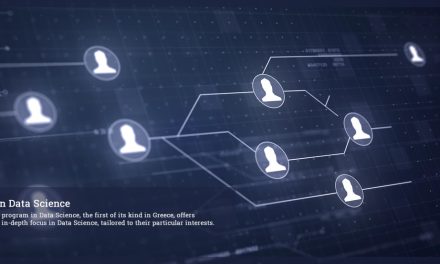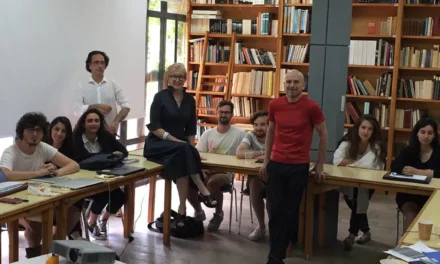The web portal Study in Greece is campaigning for the promotion and international visibility of Greek Universities and the comparative educational advantages of our country. In particular, the campaign focuses on the foreign language study programs that Greek Universities offer to Greek and international students. The initiative is supported by the General Secretariat of Higher Education of the Ministry of Education and Religious Affairs and the General Secretariat for Greeks Abroad and Public Diplomacy of the Ministry for Foreign Affairs. In this context, a number of educational programs and actions are presented in detail on a regular basis, such as undergraduate and postgraduate programs, summer schools etc, to inform international students about the many foreign language options offered by Greek Universities.
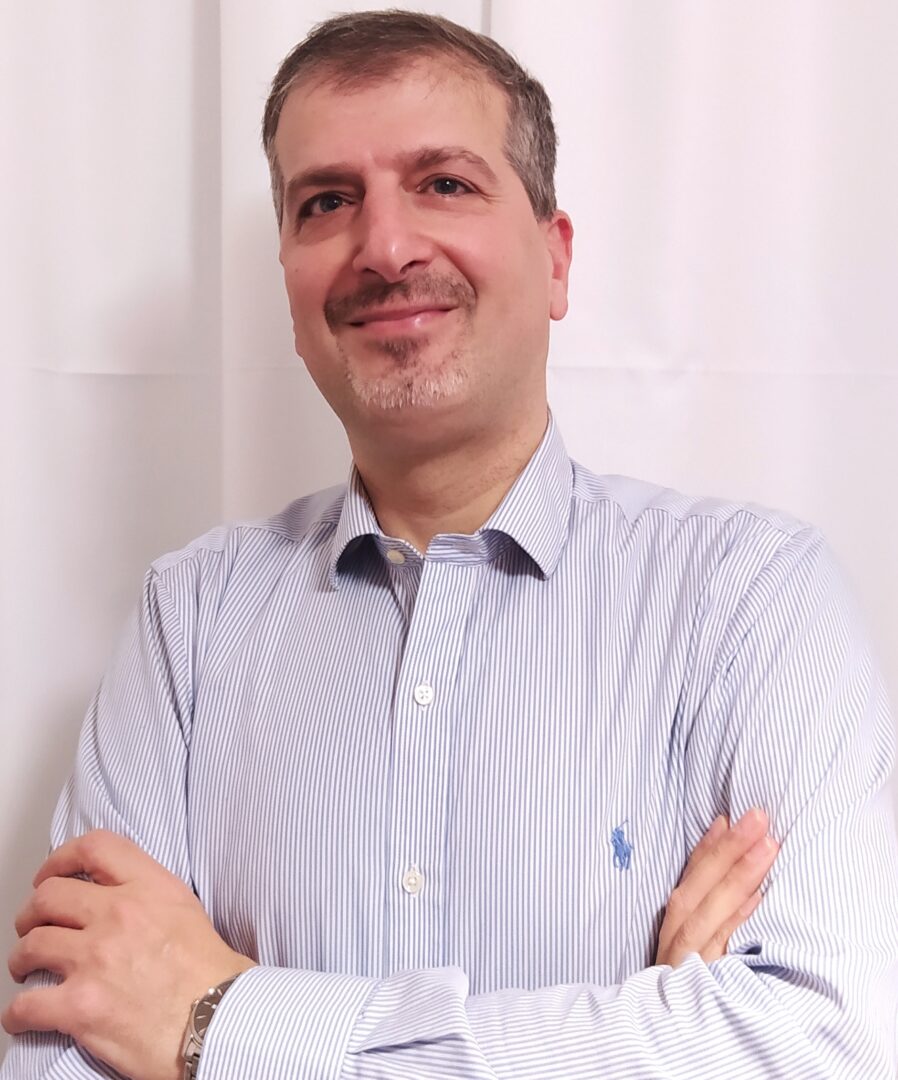
Study in Greece interviewed Professor Christos Tjortjis, Director of the MSc in Mobile and Web Computing: Internet of Things Applications offered at the International Hellenic University (ΙΗU) about the program, its features and what it has to offer to international students.
Dr Christos Tjortjis is the Dean of the School of Science and Technology of the International Hellenic University and Professor in Knowledge Discovery and Software Engineering systems. Before joining IHU he was an adjunct Associate Professor at the University of Ioannina, Dept. of Computer Science & Engineering. His focal research area is data mining, decision support, software engineering and smart cities, and his aim is to advance the use of data mining in domains such as medicine, programming languages and novel types of heterogeneous data.
Prof. Tjortjis can you provide an overview of the master’s program and its primary focus areas?
The MSc in Mobile and Web Computing: Internet of Things Application is designed to train leaders in Mobile and Web Computing: Internet of Things Applications in both the private and public sector. The program allows executives with managerial responsibilities and global aspirations to continue their career while earning a reputable degree at IHU. Upon completion of the MSc program, students will gain:
• A thorough and comprehensive grasp of the technical principles and applications of Mobile and Web Computing, along with enduring managerial and conceptual skills
• A focus on technical knowledge across various industry sectors
• Excellent opportunities for networking
• A genuinely international, multicultural perspective with a global focus
• A highly flexible qualification suitable for a wide range of career opportunities in the ICT sector
• An appreciation of contemporary industry issues and challenges in the modern society demands from Mobile and Web Computing experts.
What are the key courses included in the MSc in Mobile and Web Computing: Internet of Things Applications program, and how do these courses blend different disciplines within the field?
The core courses are: Web Programming, Mobile Application Development, Internet of Things Fundamentals, Human Computer Interaction, Design and User Experience, Software Development Methodologies, Computer Networks, Foundations of Computing, and Information Systems Security.
They offer a thorough grounding in key functional areas within the Mobile and Web Computing sector and provide the required technical and managerial education for all graduates. They enable students to acquire practical concepts and skills directly relevant to their careers. The key disciplines of Network Security, Software Development, and IoT are crucial in shaping a robust educational background for students, especially in the context of modern technology and computing fields.
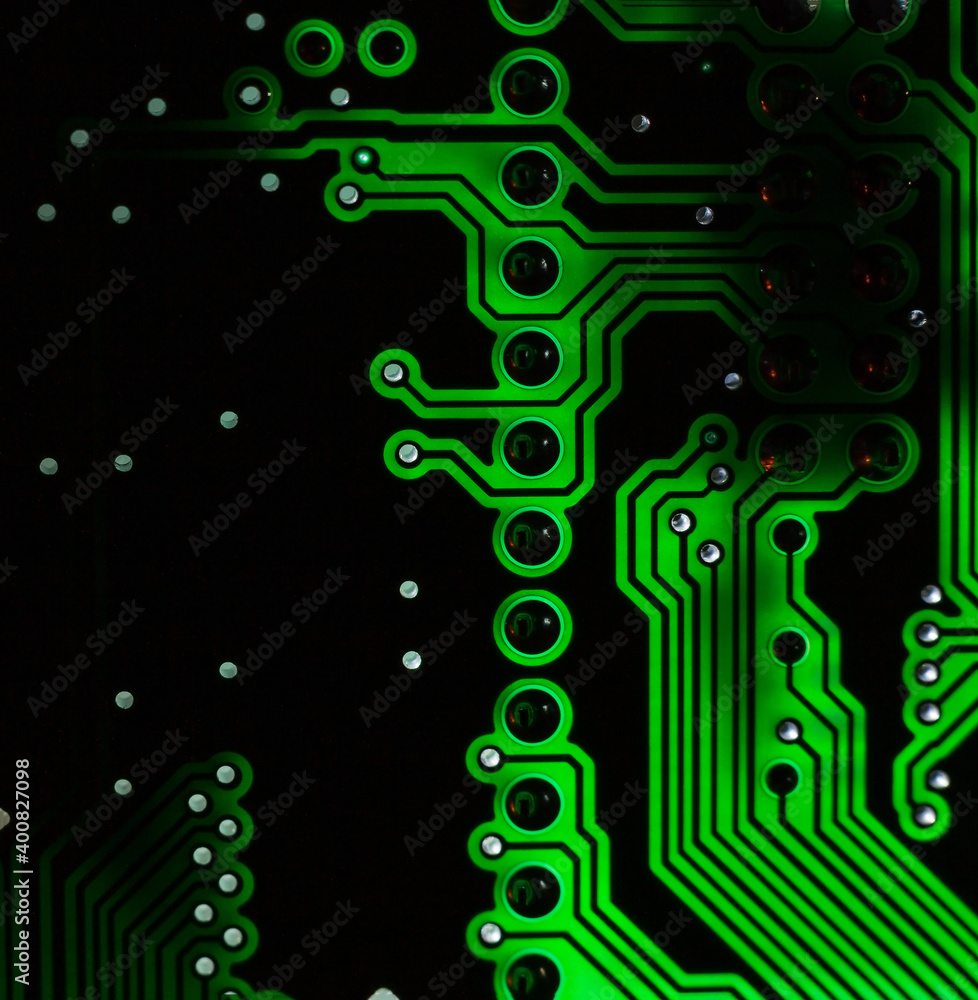
What unique opportunities does this program offer to students?
Our programme offers unique opportunities in a rapidly evolving field where interconnected devices and mobile technologies are transforming industries and daily life. Here are some opportunities and advantages when pursuing this degree:
• Advanced Skill Development: Students gain expertise in both mobile computing and IoT technologies, including sensors, actuators, embedded systems, and cloud computing. This integrated knowledge prepares them to design and develop innovative solutions that leverage the synergy between mobile devices and IoT platforms.
• Emerging Industry Trends: There is a growing demand for professionals who can develop mobile applications that interact with IoT devices. Industries such as healthcare, smart cities, agriculture, manufacturing, and transportation are actively adopting IoT solutions, creating a need for skilled professionals in mobile web computing and IoT.
• Cross-platform Development: Graduates are equipped to develop applications that seamlessly run on mobile devices (smartphones, tablets) and interact with IoT devices. This versatility is crucial as companies seek to deploy applications across multiple platforms to reach a broader audience and integrate diverse IoT ecosystems.
• Cybersecurity Focus: The interconnected nature of IoT devices raises significant security and privacy concerns. Students explore strategies for securing data transmission, device authentication, and safeguarding sensitive information, preparing them to address critical cybersecurity challenges in IoT-enabled environments.
Overall, our program offers a blend of technical expertise, innovation, and practical skills that are highly sought after in today’s digital economy. It equips graduates with the knowledge and capabilities to lead advancements in mobile and IoT technologies, making meaningful contributions to industries worldwide.
What does the application process entail, and are there any key dates or deadlines to be aware of?
The School of Science and Technology in March, every year, publishes an invitation for postgraduate students for the winter semester of the following academic year. The invitation is published on our website (https://st.ihu.gr/studies/postgraduate/mobile). The invitation stipulates:
i. The entrance qualifications required of candidates for the PPS
ii. The documentation required for registration on the PPS
iii. The final date for submission of documentation
iv. The address and the Directions for the submission of documentation.
Students who expect their first degree by September can also apply, and if accepted, they will enroll in the program only if they present a certificate of completion of studies by the final date of registration.
The first round of applications was completed on June 3. The deadline for the 2nd round is September 15th or until places are filled.

How does the MSc in Mobile and Web Computing: Internet of Things Applications program integrate emerging trends and technologies, specifically in the context of IoT?
Our program integrates emerging trends and technologies in IoT through several key strategies and approaches:
• Current Industry Practices: The program’s curriculum is designed to reflect the latest advancements and trends in IoT applications. This includes topics such as edge computing, fog computing, blockchain for IoT, AI and machine learning in IoT, and the integration of IoT with 5G networks.
• Hands-on Experience: Emphasis is placed on practical learning through hands-on projects, lab sessions, and case studies. Students work with real-world IoT devices, platforms, and frameworks to gain practical experience in developing and deploying IoT applications.
• Collaborative Projects: The program fosters research collaborations with industry partners, research institutions, and government agencies. Students and faculty engage in cutting-edge research projects that explore innovative IoT applications, address industry challenges, and contribute to technological advancements.
• Innovation Labs: Some programs establish innovation labs or centers dedicated to IoT research and development. These labs provide students with access to state-of-the-art facilities, IoT devices, and software tools to prototype and test IoT solutions.
• Multi-disciplinary Approach: The program integrates knowledge from various disciplines, including computer science, electrical engineering, data analytics, and cybersecurity. This holistic approach enables students to understand the complex interactions and dependencies among different IoT components and technologies.
• Emerging Technologies Focus: Courses may specifically focus on emerging technologies such as AI-driven IoT applications, IoT security frameworks, IoT interoperability standards, and IoT solutions for specific domains like smart cities, healthcare, agriculture, and industrial automation.
By integrating these strategies, our program equips students with the knowledge, skills, and practical experience needed to become leaders and innovators in the rapidly evolving field of IoT. Graduates are prepared to address current challenges, leverage emerging technologies, and contribute to the future development of IoT applications across various industries.
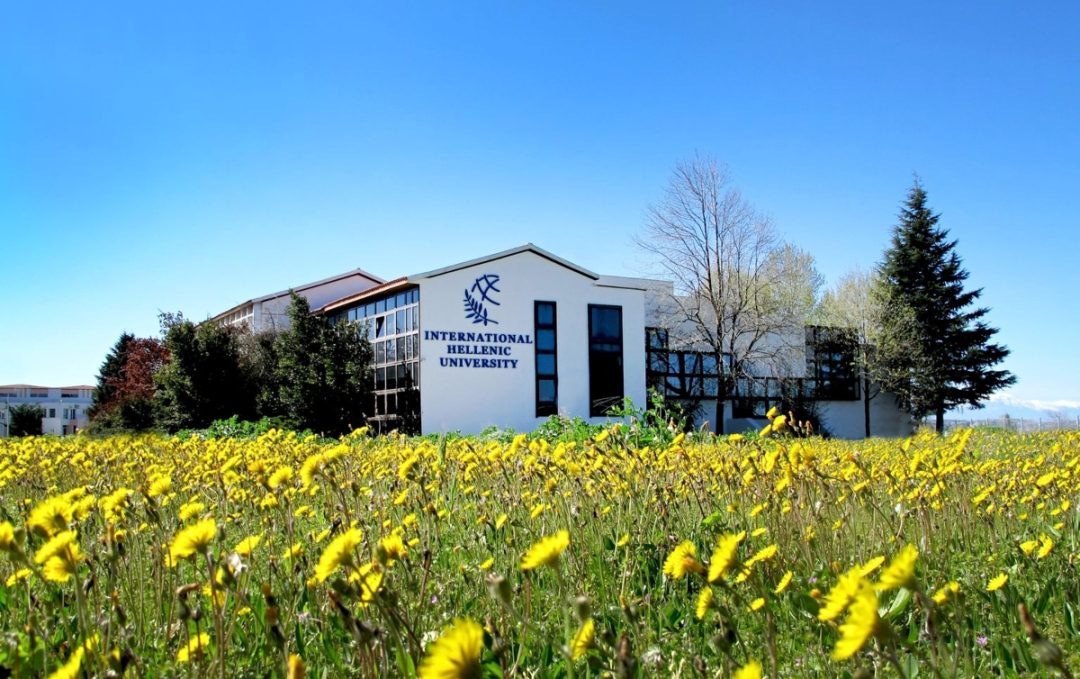
How does the International Hellenic University evaluate the success of its internationalization efforts and make necessary adjustments to address evolving needs and priorities over time?
Our program has established a series of measurable objectives aligned with the institution’s stated goals. It focuses its direction on strategic pillars directly connected to its characteristics and needs. In this regard, its focus is on ensuring strategic objectives related to the modernization of the curriculum aligned with market needs and entrepreneurship, internationalization, and also ensuring the needs for modernizing research, innovation, and its social impact as articulated in the Quality Policy of the MSc.
These objectives are time-bound and are monitored and revised through appropriate processes within the framework of its operation. The objectives are accompanied by specific action plans involving all stakeholders.
For the academic year 2024/25, the MSc has set strategic goals regarding quality improvement of courses through additional learning support and practical exercises in market sectors and technologies, increasing the number of graduates, and increasing incoming ERASMUS students. These goals, as stated, focus on curriculum modernization, course quality, and the internationalization of the MSc through attracting foreign students.
To capture and assess these goals, the MSc adopts a set of indicators from the Integrated National Information System for Quality. The MSc, along with its goals, defines corresponding action plans for achieving them, including the responsible entities taking action. The progress, results, and evaluation of these plans are monitored by the MSc under the supervision of the University’s Quality Assurance Unit.



